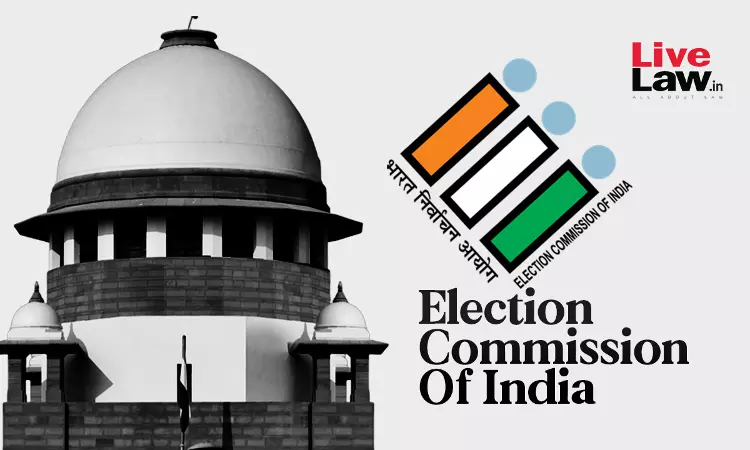In the vibrant tapestry of Indian democracy, elections serve as the cornerstone of governance, offering citizens the power to shape their destinies and the trajectory of their states. From the anticipation surrounding the Rajasthan Election 2023 Opinion Poll to the significance of the Bihar Election and the nuances of the Telangana Election 2018, and from the symbolism of election symbols to the pivotal role played by the Chief Election Commissioner, each aspect of India’s electoral landscape offers unique insights into the functioning of democracy. In this comprehensive analysis, we delve into the intricacies of these elections and institutions, examining their significance, implications, and the broader trends shaping Indian democracy.
Rajasthan Election 2023 Opinion Poll:
The Rajasthan Election 2023 Opinion Polls have become an essential tool for understanding public sentiment and political trends ahead of the state polls. Opinion polls conducted by various agencies and media organizations provide valuable insights into voter preferences and expectations regarding political parties and leaders.
The Rajasthan Election 2023 Opinion Polls serve as a barometer for political parties, helping them strategize their campaign efforts and target specific voter demographics. While opinion polls offer a snapshot of public opinion at a given time, they also contribute to informed public discourse and enhance electoral transparency.
Bihar Election:
The Bihar Election holds immense significance as the northeastern state prepares to elect its representatives to the legislative assembly. Known for its complex socio-economic landscape and caste dynamics, Bihar presents a fascinating electoral terrain marked by diverse interests and identities.
The Bihar Election will witness a keenly contested electoral battle between political parties, with issues such as agrarian distress, unemployment, and social welfare dominating the electoral discourse. As voters exercise their franchise, the outcome of the Bihar Election will have far-reaching implications for the state’s governance and political landscape.
Telangana Election 2018:
The Telangana Election 2018 was a landmark event in the political history of the southern state. The election marked the culmination of a protracted struggle for statehood and the emergence of Telangana as India’s newest state.
The Telangana Election 2018 saw the Telangana Rashtra Samithi (TRS) securing a decisive victory, reaffirming the mandate for the K. Chandrashekar Rao-led government. The election outcome reflected the aspirations of the people of Telangana for regional empowerment and development, setting the stage for the state’s future political trajectory.
Election Symbol:
Election symbols play a crucial role in India’s electoral process, serving as visual representations of political parties and candidates on the ballot. Assigned by the Election Commission of India, election symbols help voters identify and differentiate between candidates and parties during elections.
Election symbols hold symbolic significance and are often associated with the ideologies and values espoused by political parties. From the lotus of the Bharatiya Janata Party (BJP) to the hand of the Indian National Congress (INC), each election symbol carries historical and cultural significance, resonating with voters across the country.
26th Chief Election Commissioner of India:
The Chief Election Commissioner (CEC) of India is the head of the Election Commission, the constitutional body responsible for overseeing the conduct of elections in the country. The 26th Chief Election Commissioner, Sunil Arora, assumed office in December 2018 and served until April 2021.
As the highest authority on electoral matters, the Chief Election Commissioner plays a pivotal role in upholding the integrity, fairness, and transparency of India’s electoral process. The CEC oversees the conduct of elections at all levels – from local panchayat polls to national Lok Sabha elections – ensuring adherence to electoral laws and regulations.
Conclusion:
As India continues its democratic journey, elections remain the cornerstone of governance, providing citizens with the opportunity to participate in the democratic process and shape the destiny of their nation. From state elections to national polls, each electoral event reflects the aspirations, priorities, and challenges of India’s diverse population. As we reflect on the significance of recent elections and institutions shaping the electoral landscape, we reaffirm our commitment to the democratic ideals of freedom, equality, and justice, ensuring a brighter future for generations to come

